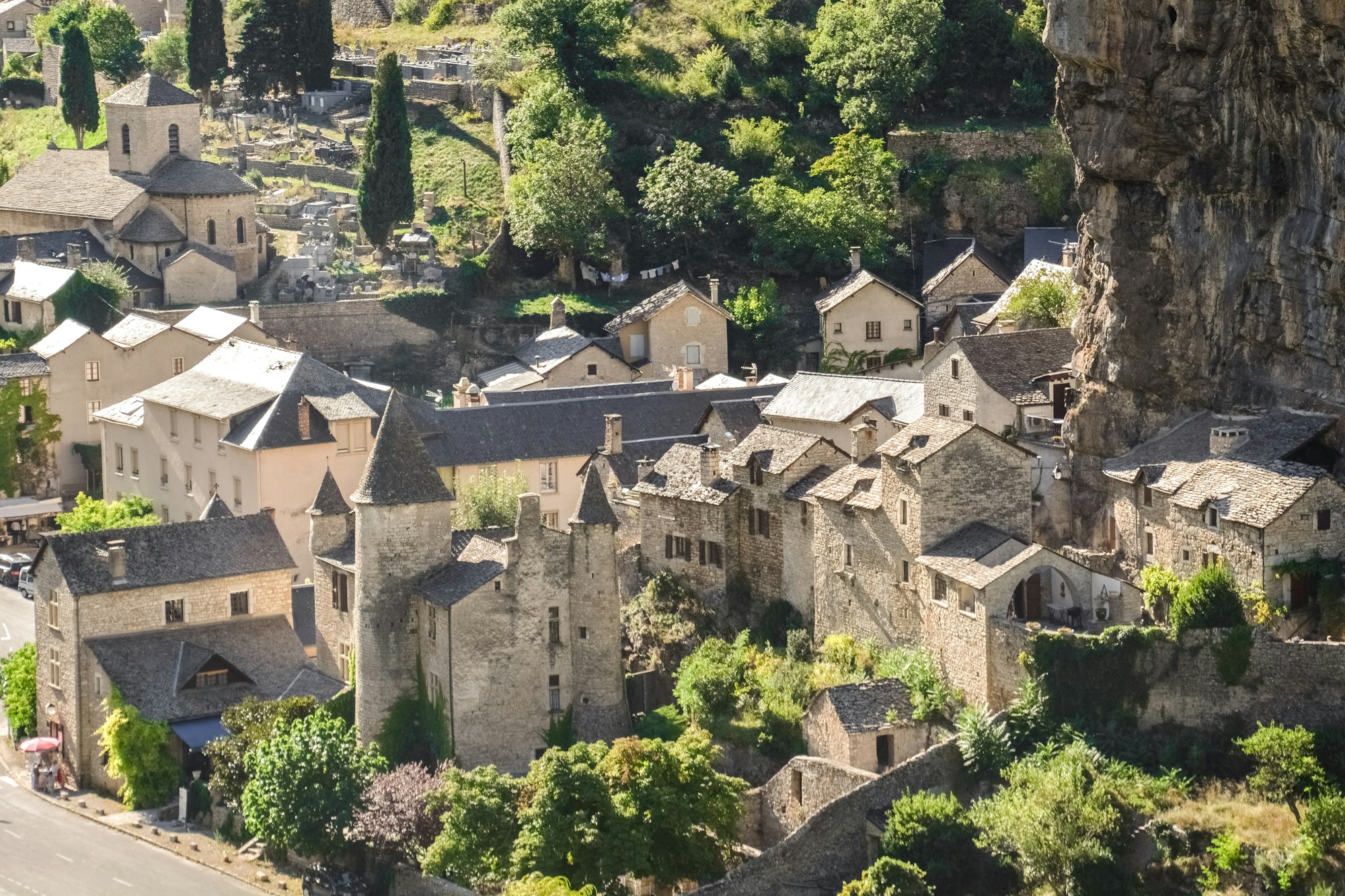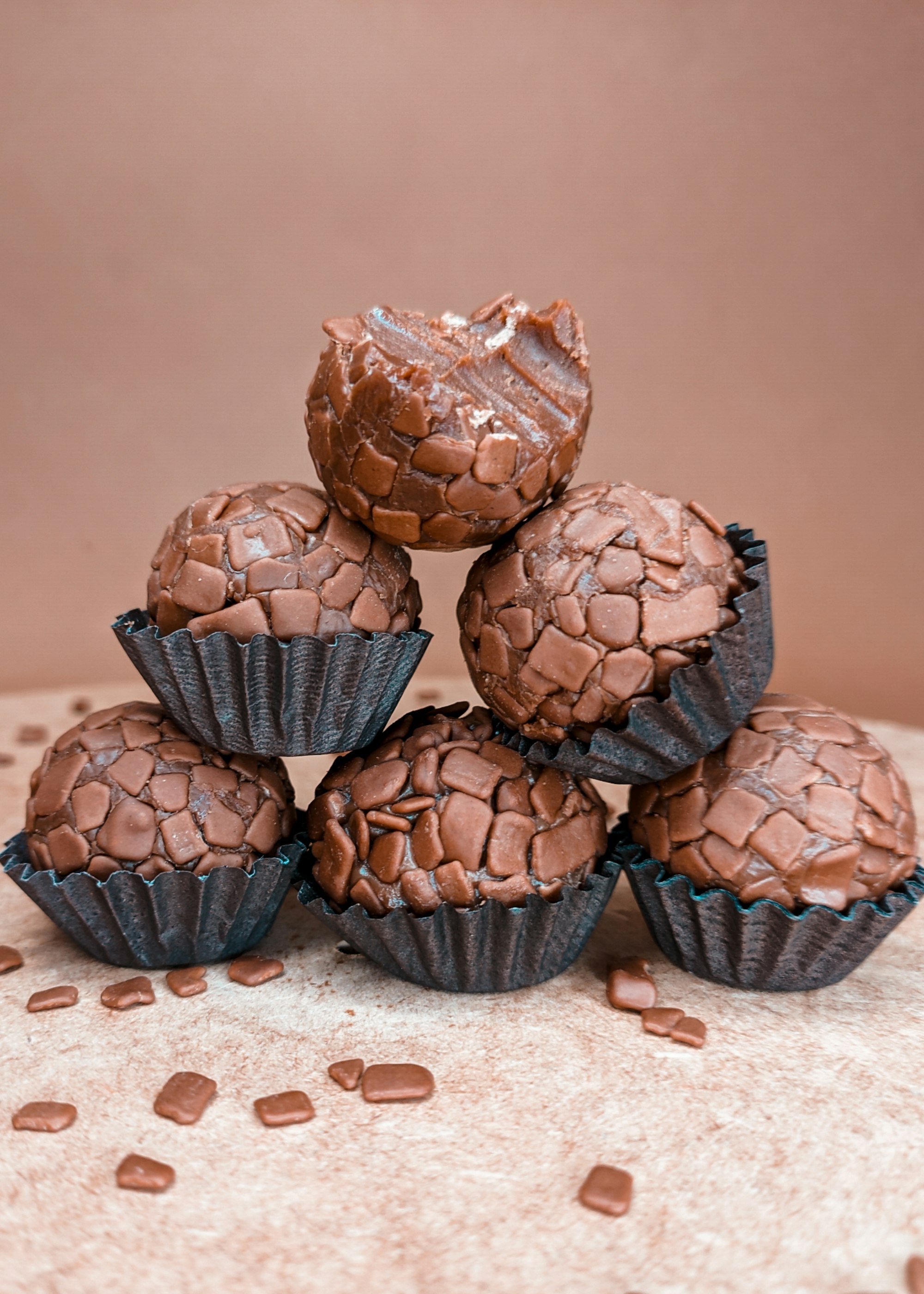
A perfect sweet of a movie reveals what could heal us, but first we have to succumb to enchantment
One of the most marvelous gifts of art, whether it's cooking or making movies, is how art heals us if we would but just let it. The current spate of modern-day book burning among deeply ignorant and fearful parents speaks to the unspeakable lack of joy in such lives, and how the unholy terror of using religion to make us hateful towards one another can, if we would let it, be both solved and soothed with grace.
If we would be but a little vulnerable to joy, to magic, to the gifts of life lived in full.
That is the lesson of the perfect 2000 movie Choclat, based on the book by English author Joanne Harris, and directed with great affection and beauty by Lasse Hallström.
One of the gifts of getting older is that we can learn see things differently. When I saw this movie in 2000 I only saw a love story encased in truffles. Twenty-two years later, I see something else entirely: layers and layers of social commentary much like a complex chocolate cake.
This is the beauty of streaming services. I'd forgotten about Choclat, and it landed with all the glory of an early Christmas gift. This year, I have revisited, in great depth, two beautifully-acted and evocative movies which have no CGI special effects. Both are life-affirming reminders of what is possible if only we could allow ourselves the healing power of grief and jubilation in the same moment.
The backdrops are nature, in one case the Montana summer fly fishing world of A River Runs Through It, and Choclat, set in a picturesque French village in 1959.
The latter features the luminous Juliette Binoche, the equally-yummy Johnny Depp and the exquisite, inimitable Judi Dench. As usual, Dench puts the spine in the movie as a cranky, diabetic old woman who carves out her own path, as painful as it may be.
Choclat was nominated for and deservedly won many awards:

You might want to explore why. For my part, once I teased out the love story, I found so many answers to where we are today in society, and what might just save us.
While it might not be chocolate, I would argue that it mostly likely will be women wielding magic, and those men who choose to be vulnerable to it and the magic that lies within themselves.
Warning, plot spoiler alert ahead. However if you've seen the movie, watch it again, for it still has the power to sweep you along. It's all about transformation by grace, forgiveness and a passion for living.

Vienne is a single mother whose Mayan ancestry makes her vulnerable to the sly north wind, which sweeps her and her daughter Anouk village to village, country to country, setting up chocolate shops and transforming the locals with her ancestors' magical chocolate recipes.
That makes her Public Enemy #1 in her new town. There the village Comte, an emotionally constipated man (played by Alfred Molina) driven to great pain by his wife's departure, rules over the village with an iron hand and religious rigidity which stifles everyone. Especially himself. He lives each day with love right around his office wall and cannot see it.
As Vienne, the newcomer, opens her shop in lock step with Lent, the Comte engages the new, young parish priest in a smear campaign to evict her. Unfortunately for the Comte, the village is swiftly caught up in the magic of her chocolate. One by one they succumb to its passion-inducing invitations.
Dench, who plays her aging, crippled landlady Armande, is pitch-perfect as always as a lively but ill woman coping with an angry daughter. The widowed daughter, Caroline, uses her mourning for her dead husband as an excuse to smother her child. Played by Carrie-Ann Moss, Caroline is trying to force her diabetic mother into a home, and punishes her by refusing to let her see her young grandson, who is a superb artist.
In this scene, Armande, played by Dench, has her first foray into the new shop.
The village, as are all villages in some way, is woven together by its faith. The Comte uses his power and influence to dictate morality as he punishes himself with fasting and denial of the fact that his lovely wife is never coming back.
When the challenges that Vienne creates are exacerbated by the arrival of a group of traveling gypsies, led by the smooth and seductive Depp as the river-traveling Roux, the village is up in arms. His name is also sly; a roux, when properly cooked, is a silky, smooth sauce. Precisely.
Vienne takes in a battered wife played by Lena Olin. That wife finds her own backbone, and her independence from a brutal bar owner is another key to the story. Between Vienne and Armande, the brutalized Josefine finds her footing and her spirit.
Chocolate spiced with chili, great empathy and the commitment to healing that the peripatetic Vienne offers this strict and prim village are the Rx to emotional freedom.
The movie addresses religious rigidity, the misuse of power, the manipulation of fear and prejudice and how the denial of our pain twists the soul into Gordian knots. Knots that can be undone with great gentility, empathy, vulnerability and no small amount of the sweet stuff.
In the movie it's chocolate. In life, it's grace. They both heal. Feminine, goddess traits, inherent in us all, but so often locked in solitary confinement out of fear of having fun in our lives. What, God doesn't approve of fun? Joy?
There are so many parallels to today's constipated, angst-ridden, and fearful America, people who can't embrace their pain and who use religion to manipulate and control others. Especially women, and most especially women like Vienne, who is beauty, brains, magical abilities, independence and sexual revolution all in one deeply-threatening package.
Such women must be controlled or cast out at all costs, goes the thinking, which this country is seeing, and we see all over the world. As Armande, an outspoken old woman who reads dirty books, curses and has her own take on life, Dench represents how her type is also seen as a threat. She is to be shuffled off to a sanitartium to keep from influencing the children, to die alone and rejected for being different.
Just like now.
Woven throughout this truffle of a tale are stories about long-awaited lost love rekindled, the joy of one last great party, finding love despite grief, living as one chooses no matter what, and how forgiveness can transform.
The Comte, after all his struggles, finds himself in the chocolate shop's window the night before Easter. There, armed with a knife and the terrible desperation of his grief, he smashes the work of townspeople who had gathered to learn to make chocolate under the loving care of the abused wife Josefine, whom Vienne has tutored. When a bit of the magic stuff lands on his lip, he is undone.
Finally, stripped of his last bit of will, he succumbs to the sweets, and cries himself to sleep in recognition of his pain, his lost wife, his cruel and unrelenting discipline and sacrifice. It's the beginning of transformation.
He is found Easter morning in the window of the chocolate shop by the young parish priest, snoring among the carcasses of the chocolate sculptures he destroyed. Vienne offers him not only a soda for his stomach, but absolute secrecy to protect his reputation.
Grace.
Chocolat reminds me of how rigid religious rules suffocate and can damage who we are and who we can be. The movie demonstrates how people who are in terrible pain force others to suffer along with them, as though by dominating others they somehow master their despair. The two who lost a spouse, the Comte and his secretary (Armande's widowed daughter) exert damaging control over others; one over the entire village and the other over her son and, unsuccessfully, her mother, both to terrible effects.
Yet, the potential for new love had stood silently between them for some time, unacknowledged by both, who were too consumed with denial to allow that new love to begin.
The key to their release is a joyful, terrifyingly different woman with magical recipes. That scintillating woman is not only the key to their release but also to each other.
Will Vienne stay? Will the sly north wind move her to the next village? Will Roux return after an angry, spurned husband burned his boats?
I won't tell all, if you've not seen it.
The greater question is whether or not you and I can see such parallels in our lives. Where do we need the magic of grace? The luminosity of both forgiveness and the release of great grief? Do we fear and attack that which might well transform us?
Are we terrified of experiencing joy?
I have been. Feeling joy for me was cause for guilt. I didn't think I deserved it.
Art transforms. Great art forces us to see, to think, to grow, to consider. To remake our lives, if we are brave.
Chocolat is great art. Its gift to me was to see, in bas relief, how I have used extreme self-discipline to deny the grief of incest and sexual assault. And how I have, since then, used that same extreme discipline to deny myself play, joy, and celebration.
I didn't need a magical bon-bon. I needed permission.
I've made great progress in the last nine years. However, as a result of recently upending my own life with a major move, I'm able to reset even more dramatically. The movie was a timely reminder that magic happens at all ages, at all points in life. Like the first taste of wickedly-good spiced chocolate, I needed just a tiny nudge.
We simply need to be willing to give it a taste.


Comments powered by Talkyard.